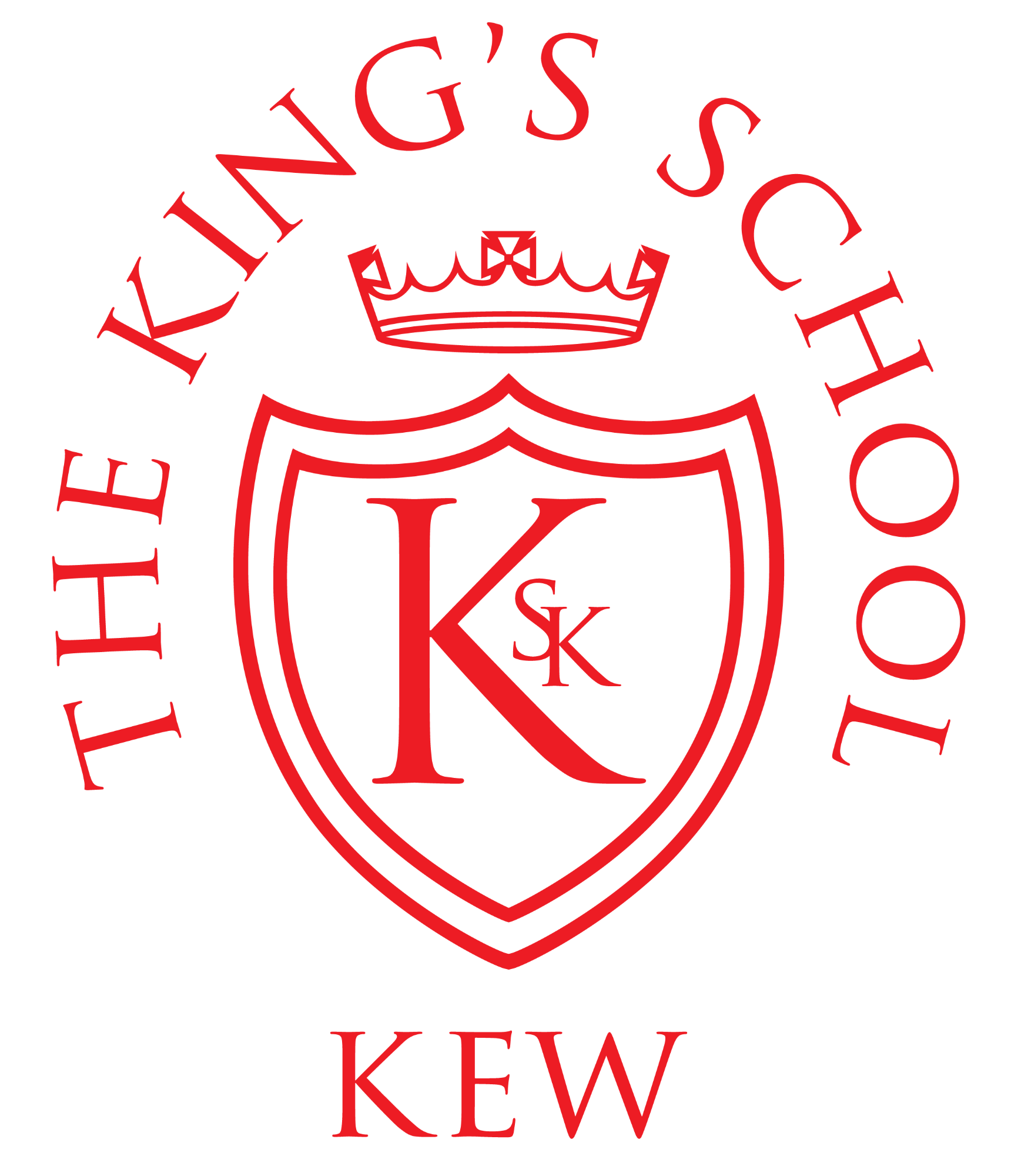Religious Education
"I can do all things through Christ who strengthens me" (Philippians 4:13)
Intent- How our curriculum is structured and organised
At The King’s School, we follow the Southwark Diocesan Board of Education’s curriculum plans, adapting the plans to meet the needs of our learners. These plans teach children to learn about religion (AT1) and to learn from religion (AT2). We have a rich and balanced curriculum, which encourages children to understand, explore and compare world religions, fostering a deep respect for all and valuing the diversity in God’s people.
As a church school, children leave our school with a rich understanding of the Christian faith’s teachings and values. Children are encouraged to take part in reasoned discussions about the teachings of Christianity and other world faiths, comparing them to their own beliefs, whilst challenging each other to reflect on how religion shapes the world.
Our curriculum enables children to reflect on how their own beliefs, values and identity influence them and how they compare to the teaching of Christianity and other principal faiths, enriching their spiritual and moral growth.
Implementation - How our curriculum is taught
At The King’s school, a wide range of teaching methods and ways of recording learning are used to enable all children to reach their potential by becoming religiously literate. As a core subject, high importance is placed on teaching children to use correct terminology and allowing children to develop as collaborative learners as well as independent thinkers. A minimum of 5% of curriculum time is devoted to RE, with class teaching being enriched by visits to religious places of worship. Children are taught to reflect on and make links between their learning and their life experiences. Teaching is supported and enhanced by our incumbents and other local religious leaders. Children demonstrate their learning through art and role play, as well as written reflections on religious stories and beliefs.
In EYFS, children predominately learn about Christianity but also explore and learn about are different Hindu and Jewish festivals.
In Key stage 1, children learn about Sikhism and Judaism alongside Christianity. Children are encouraged to ask questions about what they find interesting in religious stories and to reflect on things that are important or special to them.
Trips, Visits and Experiences
- Local church
- Synagogue
- Gurdwara
- In school visit from an incumbent
- Handling of sacred texts and religious artefacts
In Key Stage 2, children learn about Islam, Buddhism, Judaism and Hinduism alongside Christianity. Upper Key Stage 2 also explore smaller world religions such as Humanism. Children are encouraged to describe and explain how and why people of different religions live their lives and how religion helps guide believers. Children compare and contrast religions and think about how faith can influence the wider community.
Trips, Visits and Experiences
- St Luke’s Church
- St Winifred’s Church
- Mosque
- Mandir
- Buddhist Temple
- Visits from incumbents
- In school visits from parents to share religious beliefs
- Handling of sacred texts and religious artefacts
Impact- A cohesive learning journey
Children develop a deep respect and understanding of world religions different from their own. Children will be able to participate in reasoned and informed discussions about religion, showing a high regard for our British values of respect, tolerance and individual liberty.
Children develop:
- as curious, empathetic and reflective thinkers
- a deepening understanding of their spiritual and moral selves
- a sense of self, considering the type of life they want to lead
- a strong foundation of the Christian faith
- a religious vocabulary and understanding of symbolism
- an understanding of different cultures and ways of life
Pupils leave The King’s School at the end of year 6 with a strong foundation in Christianity and other world faiths on which to further develop their knowledge, thinking, spirituality and personal growth, fully equipped with the skills to embrace the secondary school of their choice, and with core values to guide them on their life journey with the knowledge that God loves us all
